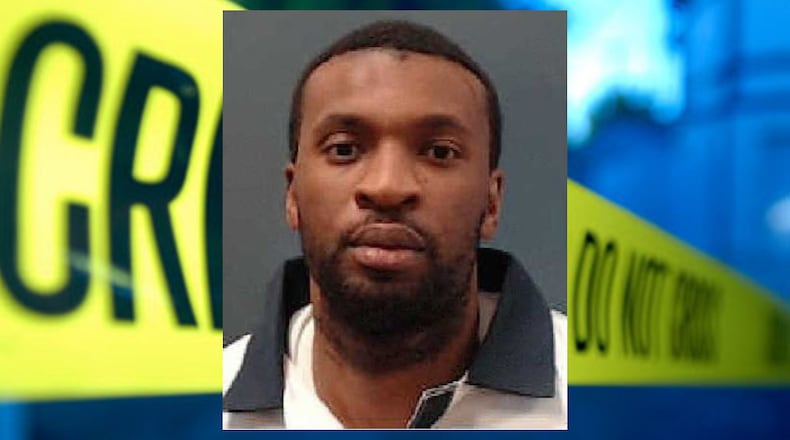The Georgia Supreme Court overturned a man’s murder conviction from 2010, saying a jury should have decided whether to treat a key witness in the case as an accomplice before making its judgment.
The Supreme Court said there’s enough evidence to convict Matthew Doyle. However, in a decision released Monday, it reversed his conviction in a state court on the basis that the jury was never told the witness testimony of the man who drove him to and from the scene of a fatal shooting needed to be corroborated.
Doyle’s conviction stemmed from the death of Lyndon “Pookie” Tucker, who was shot at his job Dec. 17, 2010.
Keith Richardson, who said he drove Doyle and his co-defendant Lewis Parks to the site of the murder, was the only witness to directly link Doyle to the shooting.
Tucker was working as a security guard at Midtown Towing at the time of the shooting. His girlfriend had dropped him off at work about 8 p.m. before heading to a party at a nearby club called The Yard.
At some point, two groups of men at the party began fighting. Among them was a young man nicknamed “Poochie,” the Supreme Court said.
Later, Parks called Richardson and said he wanted a ride to pick up his son from the club. Richardson often drove Parks places “in exchange for money or drugs,” the Supreme Court said.
Richardson pulled up to Parks’ home and three men, including Doyle, got inside. When they arrived at the club, the men talked about “hurting somebody or jumping on somebody,” the Supreme Court said.
Richardson told detectives he saw Parks and Doyle holding guns while in the car. He said they talked about getting revenge. Nearly 20 minutes later, Parks told Richardson to drive to Midtown Towing.
“Apparently, the men mistakenly believed that ‘Pookie’ was somehow related to ‘Poochie,’” the High Court said.
The men arrived at the towing company just before 4 a.m., according to the court’s decision. Doyle got out and ran behind the car. Moments later, Richardson heard gunshots.
Richardson told prosecutors he started to drive away, but Parks told him to wait until Doyle got back in the car, the Supreme Court decision said. He then drove the men back to Parks’ house.
Tucker was shot eight times, officials said. He died in the Midtown Towing guard’s shack.
Doyle and Parks were indicted on malice murder and felony murder charges out of Fulton County in July 2011. After a four-day trial in 2013, a jury found them guilty on all counts. Doyle was sentenced to life in prison without parole.
Richardson’s testimony was the “bedrock” against Doyle, as there were no other witnesses or forensic information that placed him at the scene, the Supreme Court said.
Georgia law requires corroboration in felony cases where the only witness testifying to the defendant’s participation in the crime is an accomplice. The Supreme Court called it a “clear and obvious error” that a jury wasn’t informed of that requirement before it decided to convict Doyle.
“The trial court did not instruct the jury to determine if Richardson was an accomplice, nor did it include the accomplice corroboration charge in its instruction to the jury,” the Supreme Court decision said. “Rather, the trial court gave the jury the following charge: ‘The testimony of a single witness, if believed, is sufficient to establish a fact. Generally, there is no legal requirement of corroboration of a witness — provided you find the evidence to be sufficient.’”
The Court said other information from a detective’s testimony and from a witness who testified against Parks would have counted as corroboration for Richardson’s testimony. A detective said a witness reported two men called “Fat Lewis” and “Matt” had confessed to the shooting, which the Supreme Court contends would have met the legal requirement for corroboration even though Doyle was explicitly named as the gunman by the witness. However, that information was too circumstantial for the corroboration requirement to be thrown out in its entirety.
But because the Supreme Court concluded there was enough evidence to support Doyle’s conviction, it said the state court can try him again.
In a statement, Fulton District Attorney Paul Howard said he will “make every effort to retry this case as soon as possible.”
In other news:
About the Author
Keep Reading
The Latest
Featured



